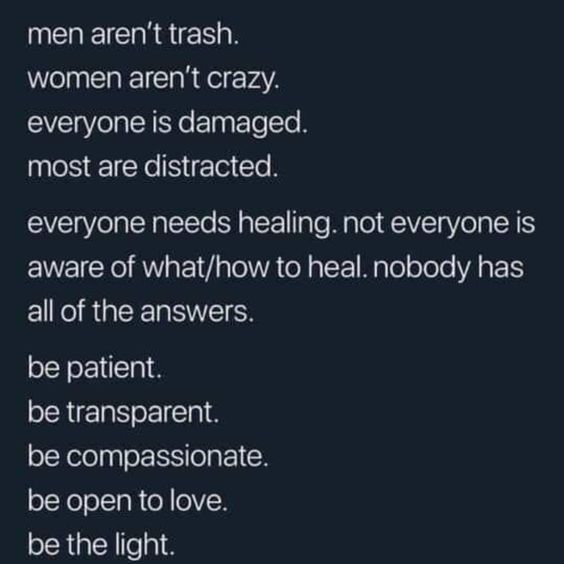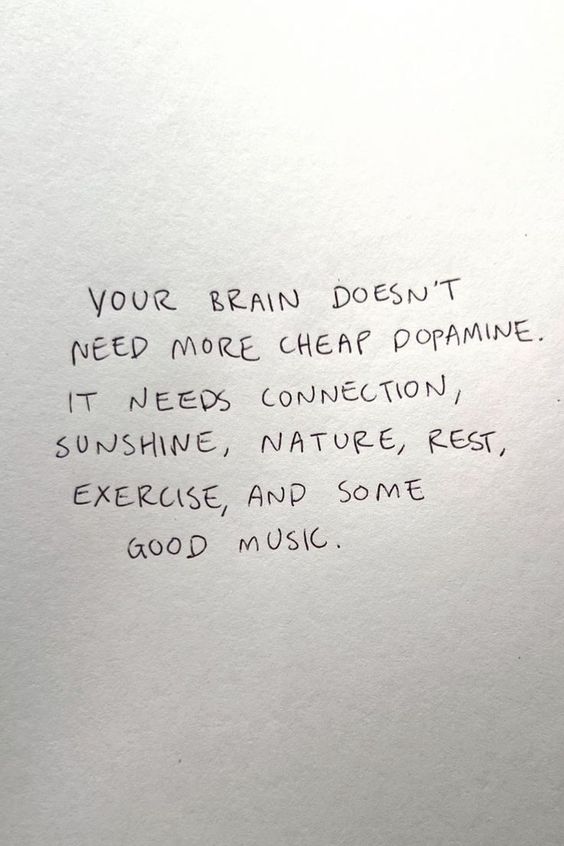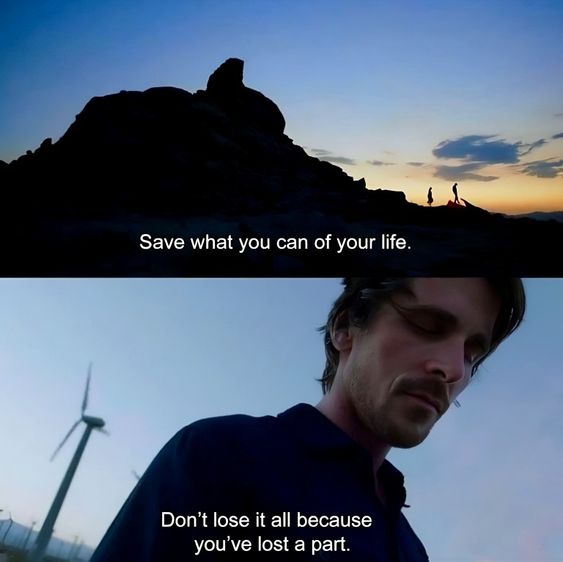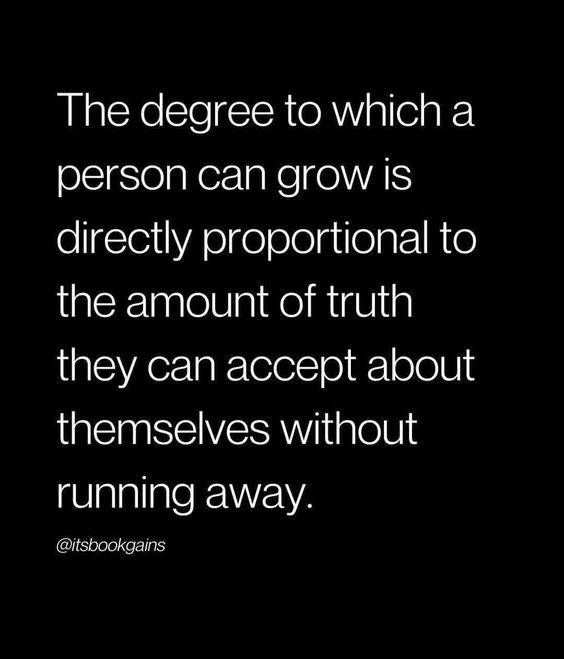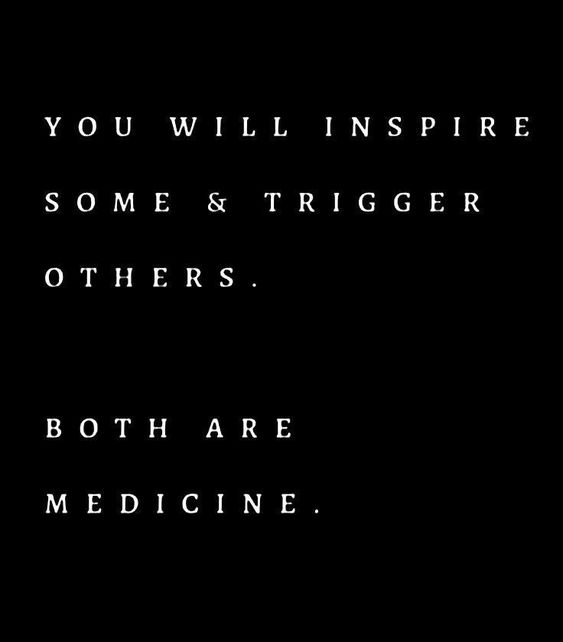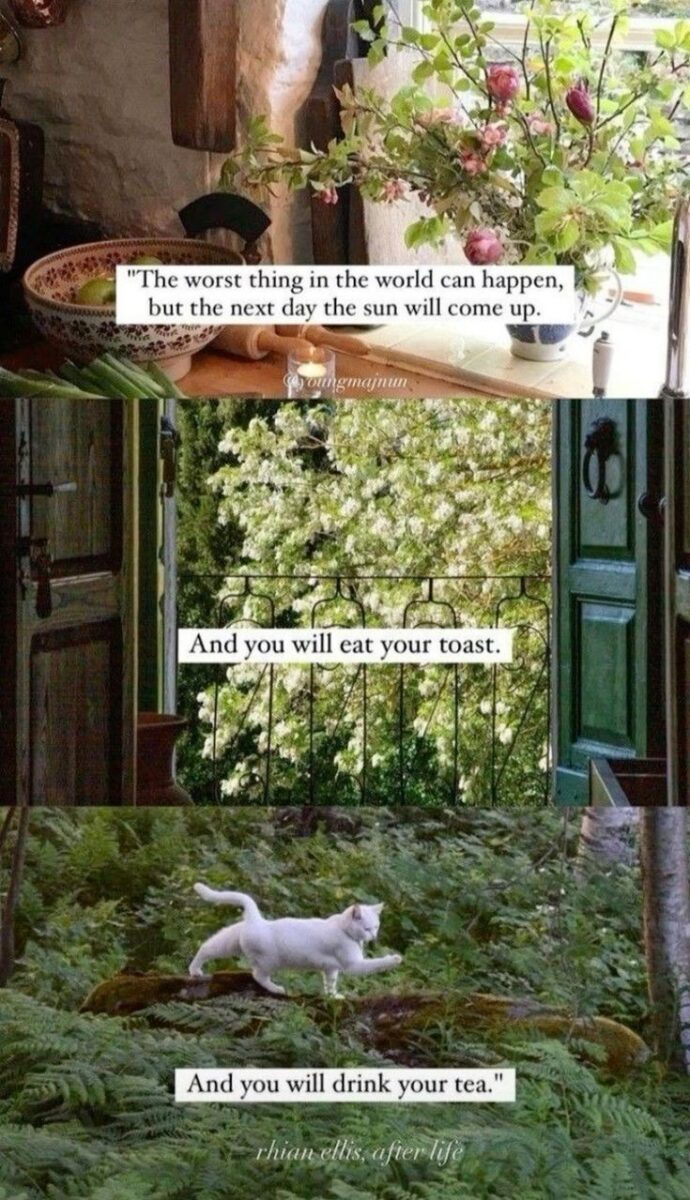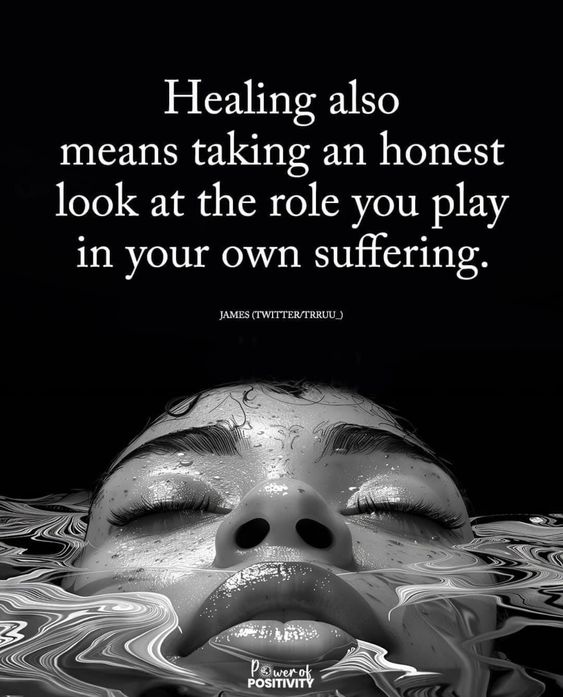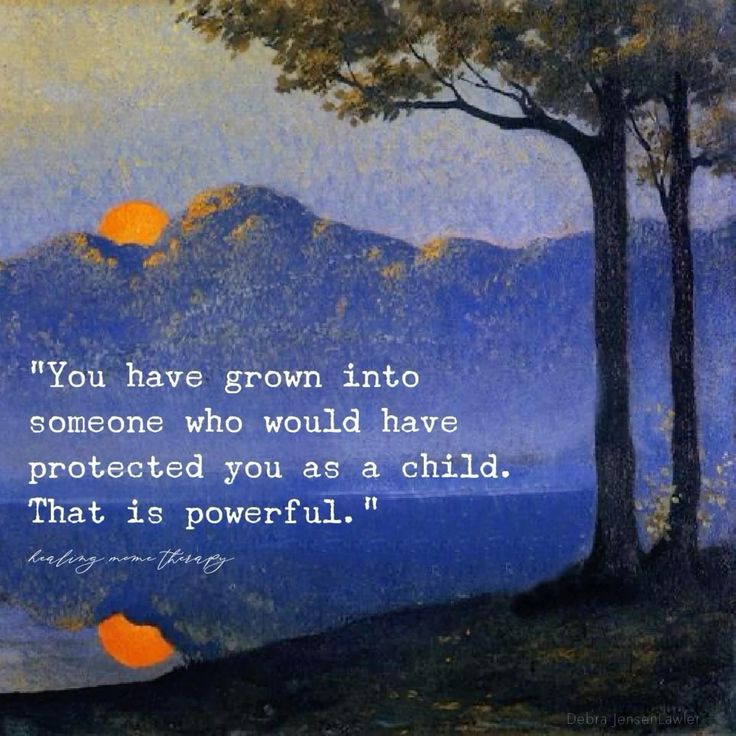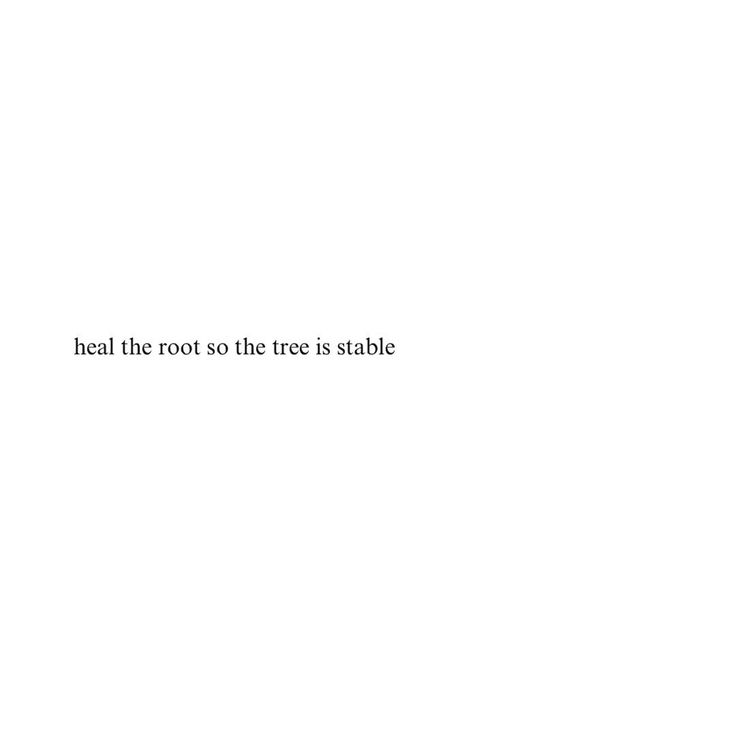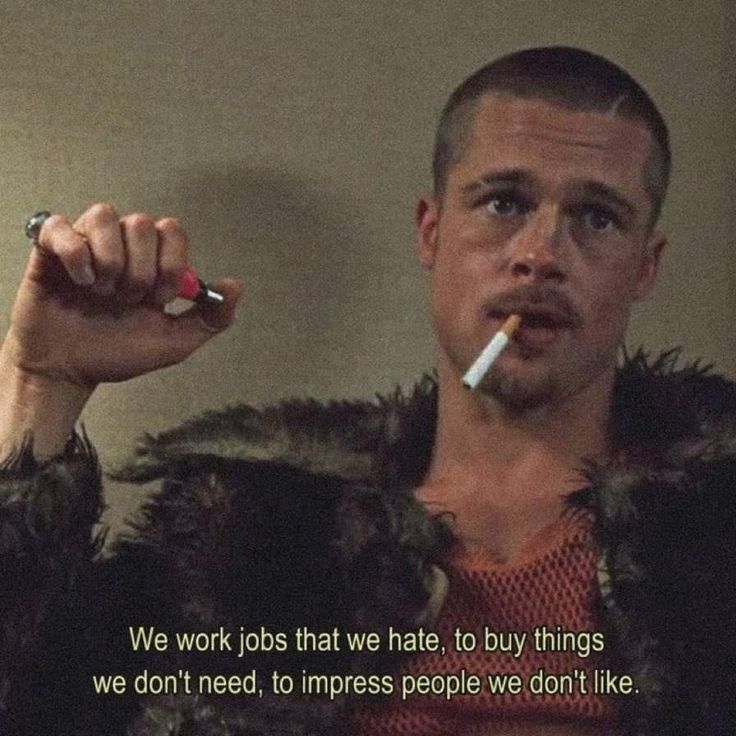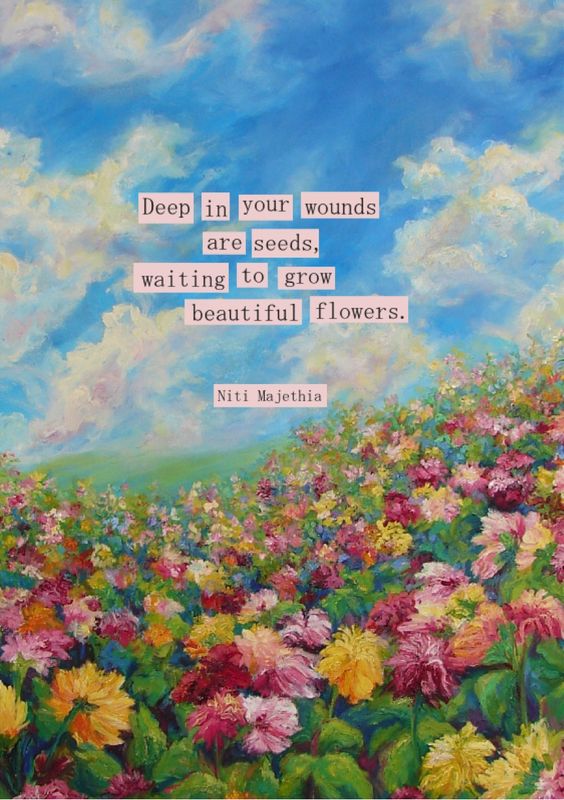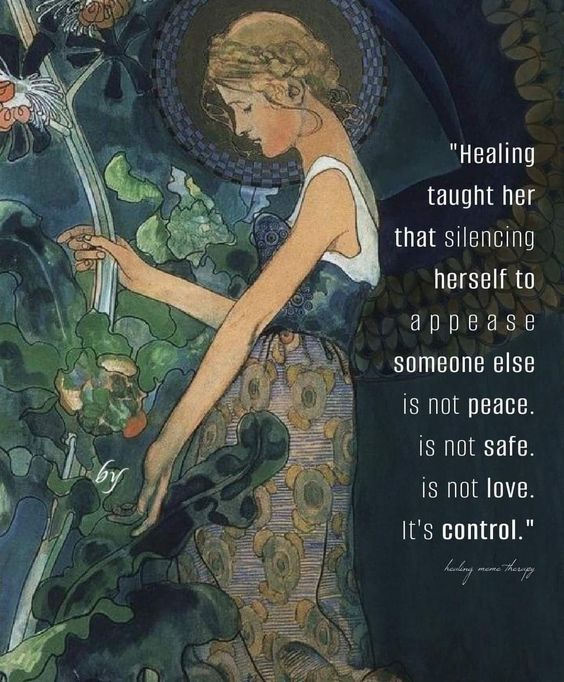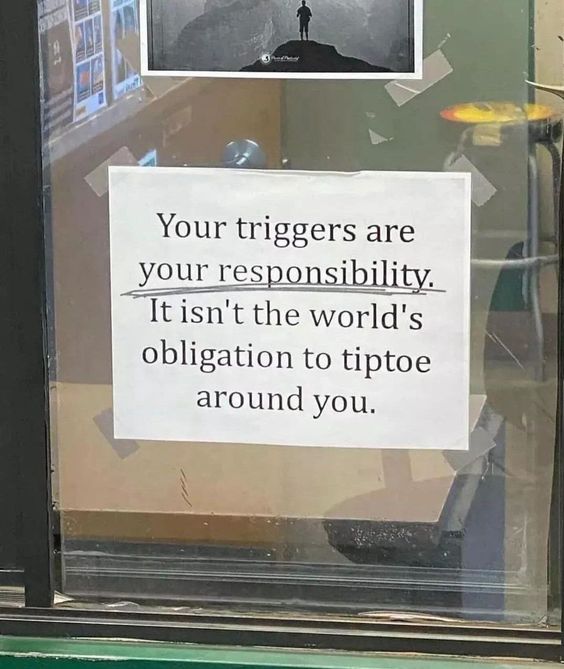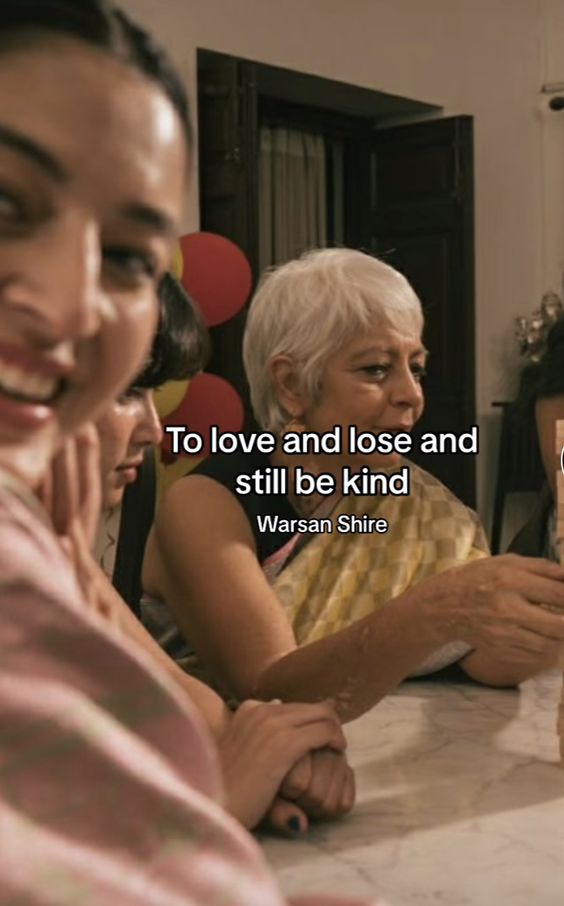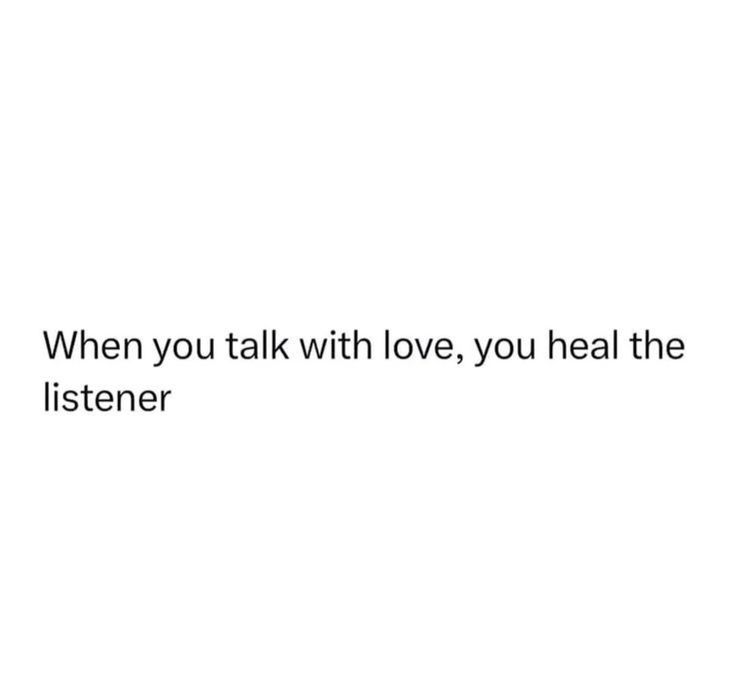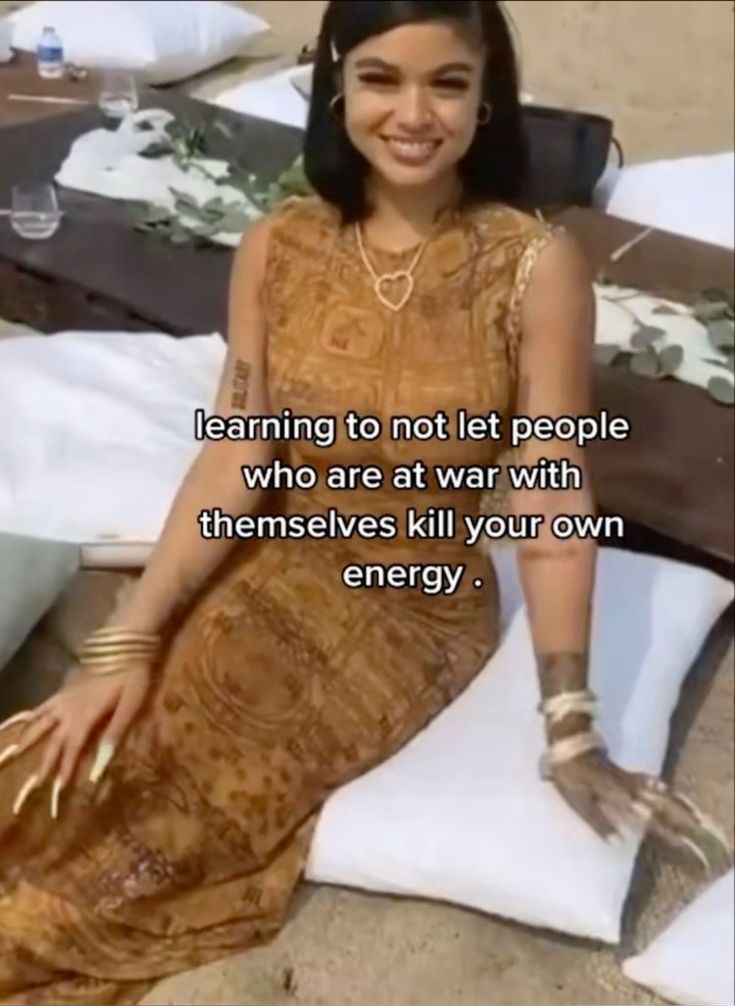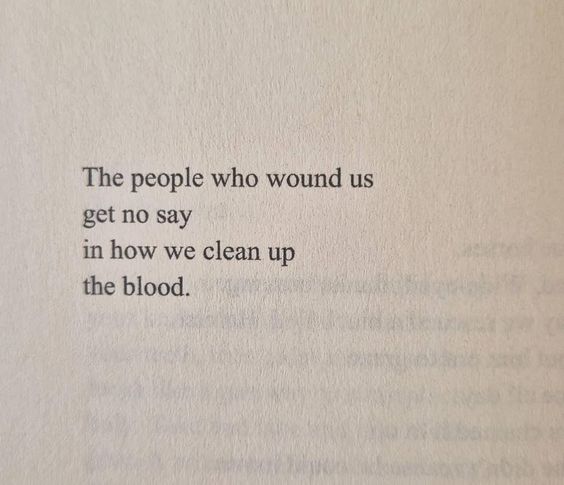“The storm may be powerful, but no storm is endless. Giving space to what you feel is always valuable because it is an essential part of healing and letting go, but if you let it take control then it will be too easy to fall into past patterns. Being with it is better than becoming it. There is a subtle space you should become more familiar with, the space where reclaiming your power is truly possible – the space where you can feel a fire burning within you without giving it more fuel.”
Yung Pueblo
“While many of us have encountered serious trauma and some people have done us incredible harm, if we want to repair and heal the imprints that burden our subconscious and skew our perception, we need to embrace the hard work of becoming our own hero. There is no way around it. When it comes to you and the inner workings of your mind, no one has the power or authority to save you the way you can save yourself. All therapists, meditation teachers, counselors, and coaches can do is guide you to reclaim your own power. A guide is not a savior. A guide is simply the person who can show you how to walk the right path so that you can finally live without having to carry so many mental burdens.”
Yung Pueblo
Heavy: An American Memoir [Book]
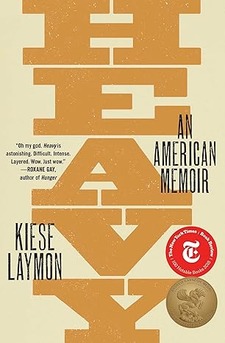
Book Overview: In Heavy, Laymon writes eloquently and honestly about growing up a hard-headed black son to a complicated and brilliant black mother in Jackson, Mississippi. From his early experiences of sexual violence, to his suspension from college, to time in New York as a college professor, Laymon charts his complex relationship with his mother, grandmother, anorexia, obesity, sex, writing, and ultimately gambling. Heavy is a “gorgeous, gutting…generous” (The New York Times) memoir that combines personal stories with piercing intellect to reflect both on the strife of American society and on Laymon’s experiences with abuse. By attempting to name secrets and lies he and his mother spent a lifetime avoiding, he asks us to confront the terrifying possibility that few in this nation actually know how to responsibly love, and even fewer want to live under the weight of actually becoming free.
